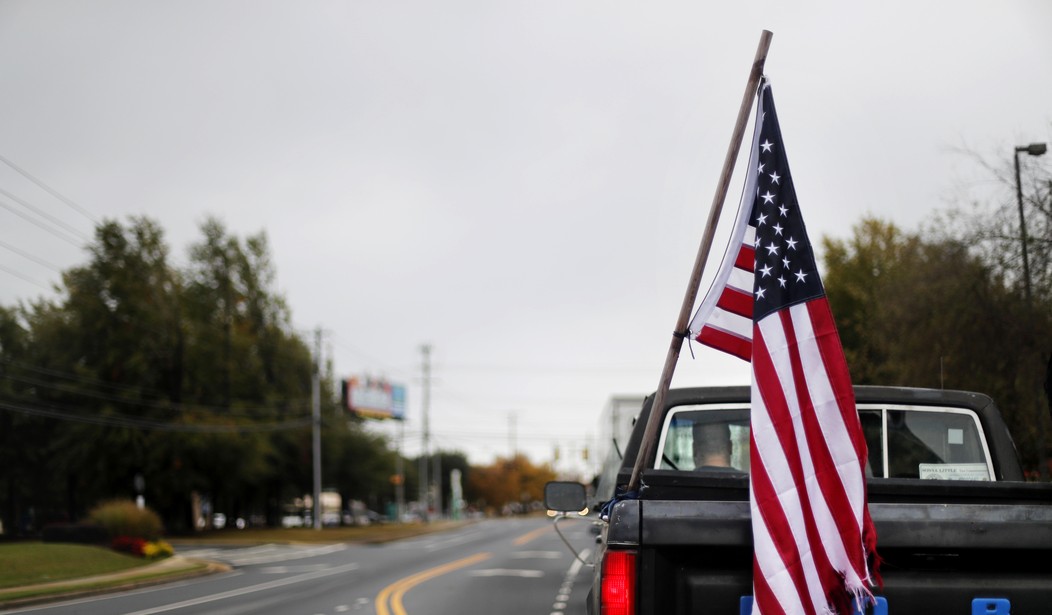We were the best of friends from the time we met in the second grade. We had common interests, especially Marvel comics. As an athlete, "Paul" was everything I was not. He ran like the wind. Name the sport in which he excelled. Baseball. Football. Tennis. Basketball. Especially basketball.
When he played, he taunted. Winning wasn't enough; he verbally humiliated his far less skilled opponents. I knew it wasn't mean-spirited. I wrote it off as immaturity and that he was merely mimicking a new-on-the-scene brash, cocky boxer named Cassius Clay.
But his verbal abuse made the other kids in the class despise him. We played a game called kickball, and of course, Paul was by far the best player in the class. Once a year, one class would play against another class. It was a big deal, kind of an elementary school World Series.
Each class voted on which six players would be on the team. In my class, the best players were obvious, and they were voted into the team. But there were two exceptions. I was, at best, an average player, but much to my surprise, the class picked me. Even more shocking, Paul was not chosen. I did not think this was fair. After all, weren't we supposed to pick a winning team so we could have bragging rights? Everybody knew the reason Paul was excluded: The kids disliked him. This was payback.
After class, I asked the teacher, Mrs. Best, if I could talk to her. Paul, I told her, was by far the best kickballer in the class, if not in the entire school. Just because the kids disliked him, I told her, it was not right that they refused to vote for him on the team. She asked whether Paul had asked me to talk to her. I said no that it was my idea.
Recommended
Here's what she should have said, "Larry, this is a lesson to Paul and you. In life, getting along with others is as important as, if not more important than, skill. I know that Paul desperately wants to play. But as Paul sits and watches others play, he will learn to be more considerate. So, no, I will not let him take your place. It's worth losing if Paul can learn this lesson." Instead, she said, "If you feel that way, it's fine with me. I'll make the switch."
From elementary to middle school to high school, Paul continued to dominate, becoming the high school quarterback and the shooting guard on the basketball team. But his attitude, if anything, grew worse. He even sassed his basketball coach. Constantly late for practice, Paul removed his jersey and threw it at Coach Reynolds' face when the coach threatened to bench him.
But the coach wanted to win, and Paul was never benched.
Paul's senior year, big time college programs came to scout him. UCLA, Notre Dame, and Marquette, among others, sent scouts. Sometimes, even the head coach came to look at this phenomenon. Paul saw himself playing major college ball and, after that, the NBA. But the scouts and coaches asked Coach Reynolds about Paul's "attitude" and whether he was "coachable." Coach told them about how often Paul came late to practice, that he talked back, wouldn't listen, and was a "disruptor" who made it next to impossible to maintain team discipline. Coach called Paul a "coach killer," meaning he will hurt the team and the coach's career. Bye-bye UCLA, Notre Dame, Marquette, and every other big-name school.
Paul managed to land a spot in a Division One school, but not one known for basketball. Angry, Paul played half of one semester, showed up late to practice, and simmered over the "injustice" of not playing at the level he thought he deserved. I advised him to buckle down, respect the coach, and excel so he could transfer. Instead, he just complained about his "unjust" treatment.
Paul is now 72. His life did not turn out well. He now knows why and is deeply regretful. Who knows? Had his coaches handled him differently, he might have figured it out sooner. That includes me. I wish I had never complained to Mrs. Best.

























Join the conversation as a VIP Member